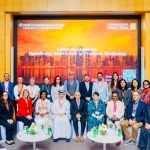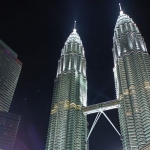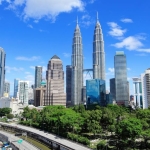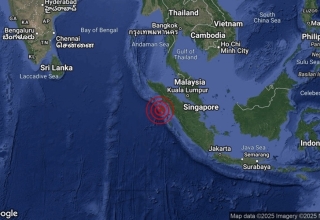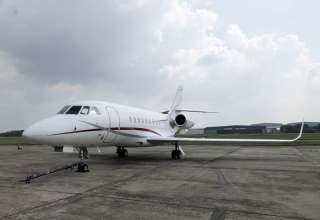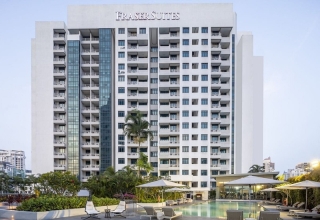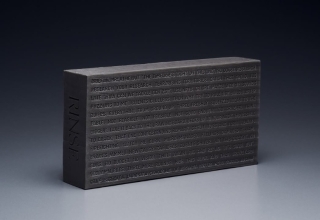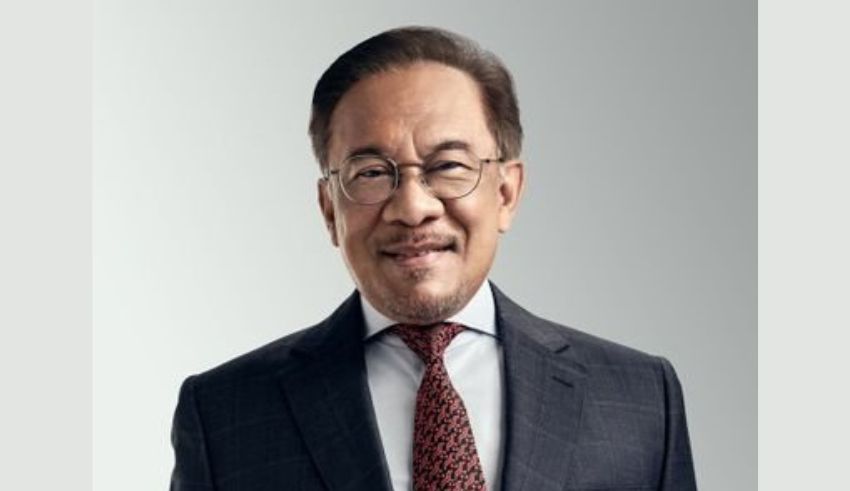
Amid protests against a bid involving foreign investors, Prime Minister Anwar Ibrahim has assured the public that the management and ownership of Malaysia’s airports operator will remain firmly in Malaysian hands. Here’s an in-depth look at the situation:
Privatization Plan
A consortium led by Malaysia’s sovereign wealth fund, Khazanah Nasional, and the state pension fund, Employees Provident Fund (EPF), has put forward a proposal to take Malaysia Airports Holdings Berhad (MAHB) private. This ambitious deal, which would value the airport operator at approximately US$3.9 billion, is designed to streamline operations and boost efficiency while ensuring that control remains domestically anchored. The privatization aims to enhance the infrastructure and operational capabilities of Malaysia’s airports, positioning them for future growth and competitiveness on a global scale.
Foreign Investors
The consortium also includes significant foreign investment from the Abu Dhabi Investment Authority and Global Infrastructure Partners (GIP). However, it is important to note that GIP is currently in the process of being acquired by US fund manager BlackRock. Despite these foreign interests, the structure of the deal has been meticulously designed to ensure that foreign investors do not have controlling stakes in the management of the airports, thus safeguarding national interests and maintaining Malaysian sovereignty over critical infrastructure.
Malaysian Control
Prime Minister Anwar Ibrahim has been clear in his stance that the ownership and management of MAHB will remain under Malaysian control. Through the 70% stake held by Khazanah and EPF upon completion of the deal, Malaysia will retain the majority control of its airports operator. This ensures that the strategic decisions and future directions of MAHB will be guided by Malaysian interests. The remaining shares will continue to be held by the public, providing a balanced approach that supports both private investment and national control.
Keep Reading
Leadership
In addressing concerns about the potential influence of foreign ownership, Anwar emphasized that both the chairman and CEO of MAHB will be Malaysians. This move is designed to maintain national leadership over the country’s critical infrastructure, ensuring that the strategic vision and daily operations of Malaysia’s airports are aligned with national interests. By appointing local leaders who are intimately familiar with the country’s unique needs and challenges, the government aims to preserve the integrity and functionality of its airport systems.
Conclusion
The privatization process of MAHB is set to proceed with careful oversight to ensure that Malaysia retains control over its vital airport infrastructure. Global Infrastructure Partners (GIP) has already stated that BlackRock will not be participating in the deal, further cementing the assurance that Malaysian hands will guide the future of the nation’s airports. This move underscores Malaysia’s commitment to maintaining sovereignty over its key assets while inviting beneficial investments to enhance operational efficiencies and growth potential.
Prime Minister Anwar Ibrahim’s reassurances are a clear response to public concerns and highlight a strategic approach to balancing foreign investment with national control. As the privatization process continues, the focus remains on safeguarding Malaysia’s interests and ensuring that its airports are managed effectively and efficiently by local leadership.

